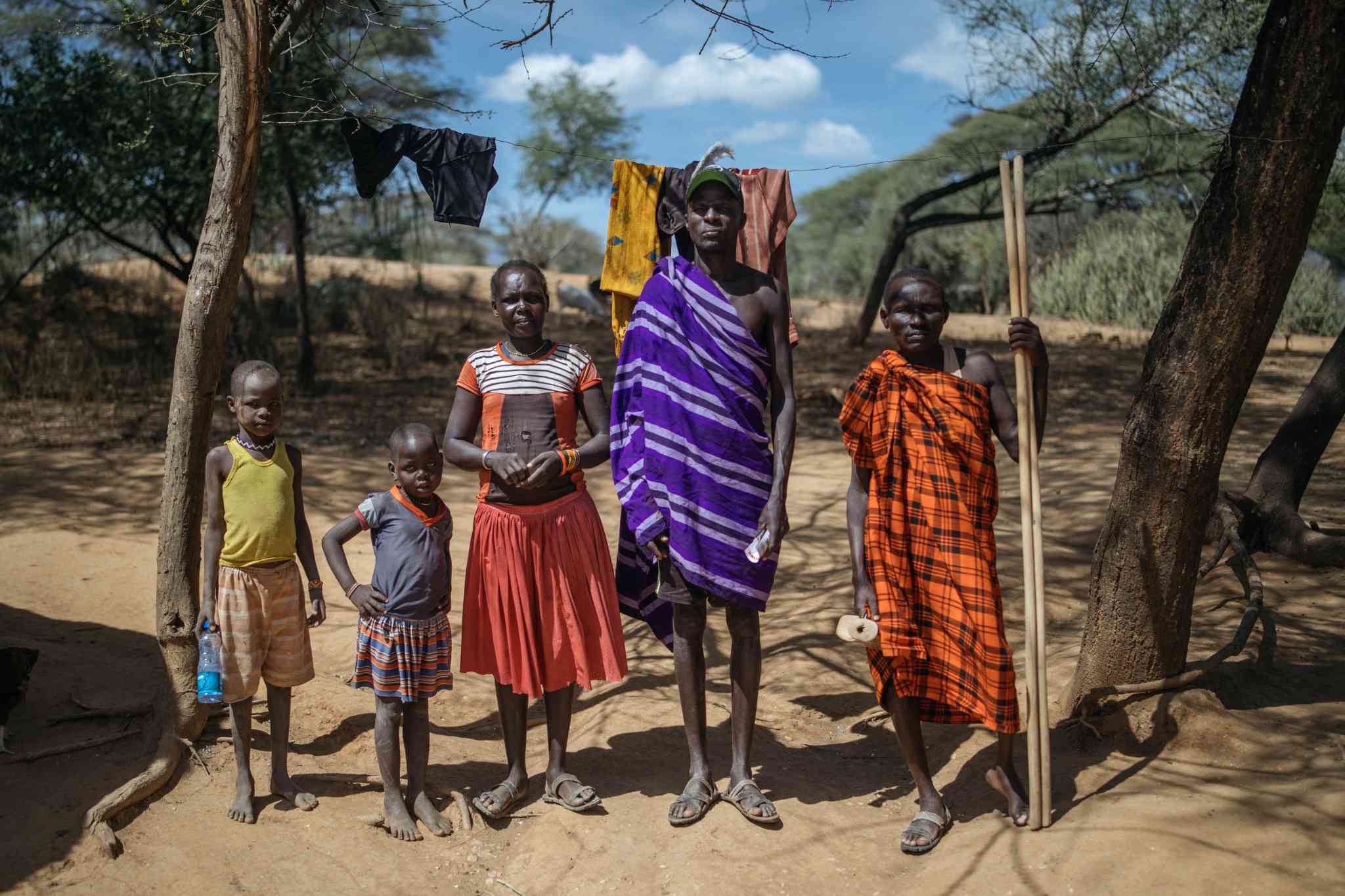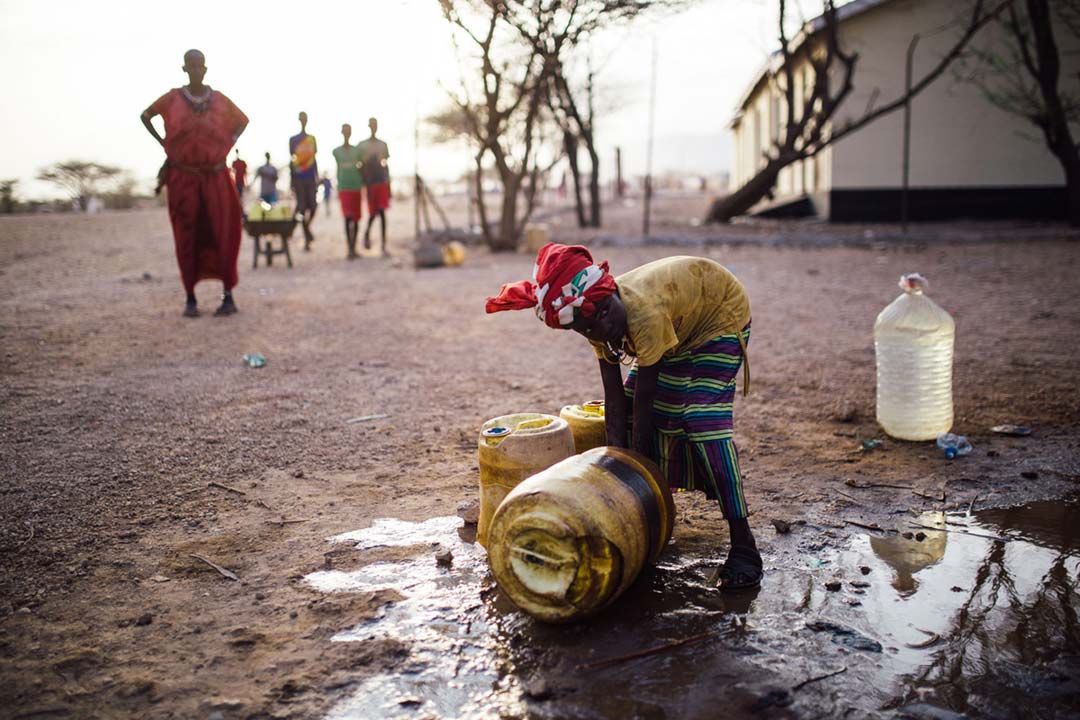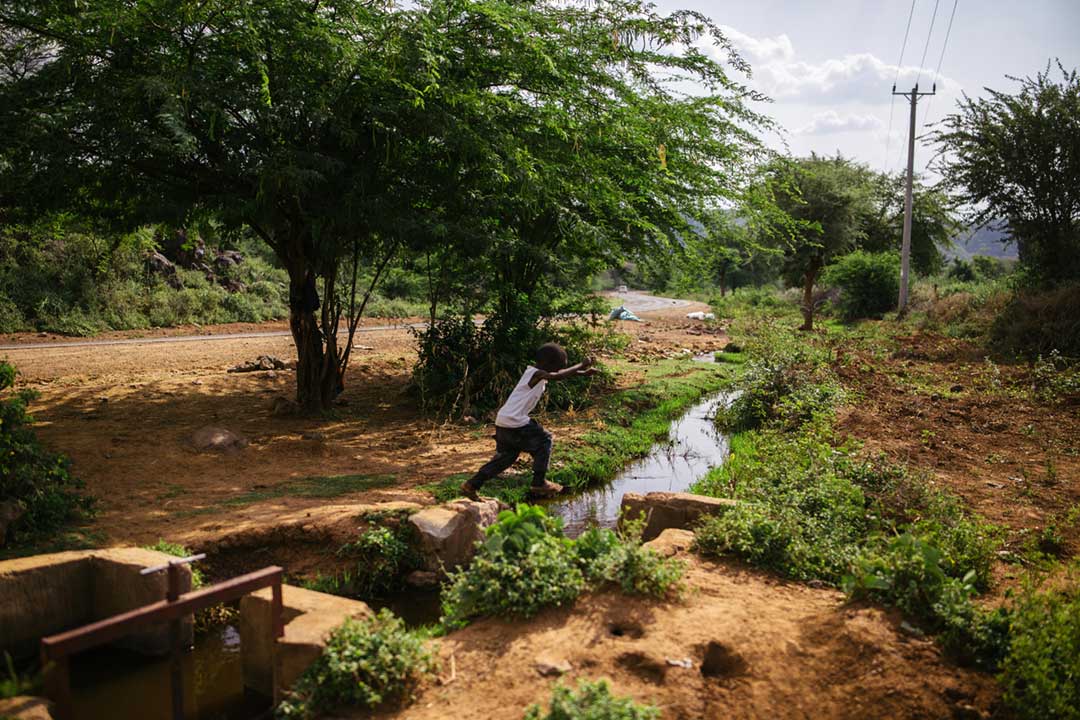“The vaccine needs to be received by the greater population”: Dr Rose Leke reflects on the RTS,S roll-out
The new malaria vaccines could help bring us in sight of the end of the tunnel, says the renowned malaria scientist. But vaccine hesitancy could present a stumbling block.
- 18 January 2024
- 4 min read
- by Kang-Chun Cheng
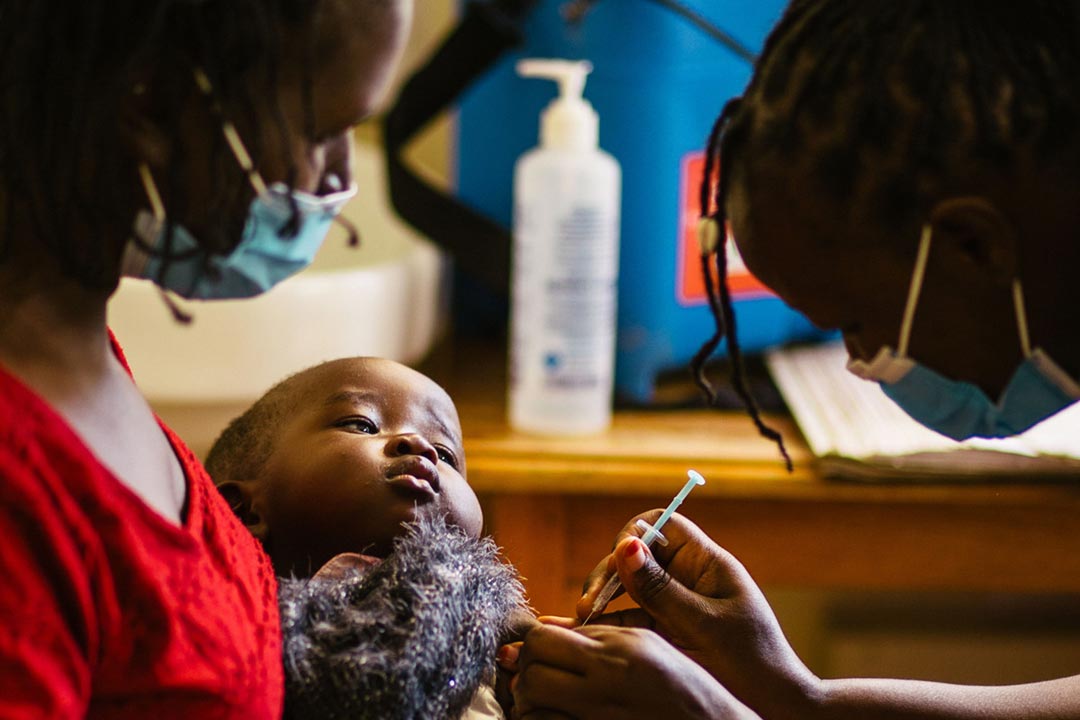
Dr Rose Gana Fomban Leke is an internationally acclaimed malaria expert, a professor of immunology and parasitology at the University of Yaoundé with a yards-long list of accolades.
To name a few of them, she's the former president of the Federation of African Immunological Societies, a council member of the International Union of Immunological Societies, chair of the board of directors of Cameroon's National Medical Research Institute, and the recipient of the 2023 Virchow Prize for Global Health for her work advancing gender equality and infectious disease research. She's also the new chair of Gavi's Independent Review Committee.
"The trouble really started with COVID-19 and disinformation on social media."
– Dr Rose Gana Fomban Leke
Her PhD looked at malaria in mice, and her post-doctoral work on pregnancy and malaria, which she conducted with Diane Taylor of Georgetown University, broke new ground. Pregnant women, the researchers established – even those with immunity to the most devastating strains of the illness – are particularly susceptible to the disease.
"During pregnancy, the growth of the placenta – the baby's home – is very attractive to malaria parasites. There are receptors on the placenta that the malaria parasite binds to," Leke explains.
But before all that, Leke was a little girl in Cameroon for whom bouts of sickness with malaria, she says, were a "normal part of life".
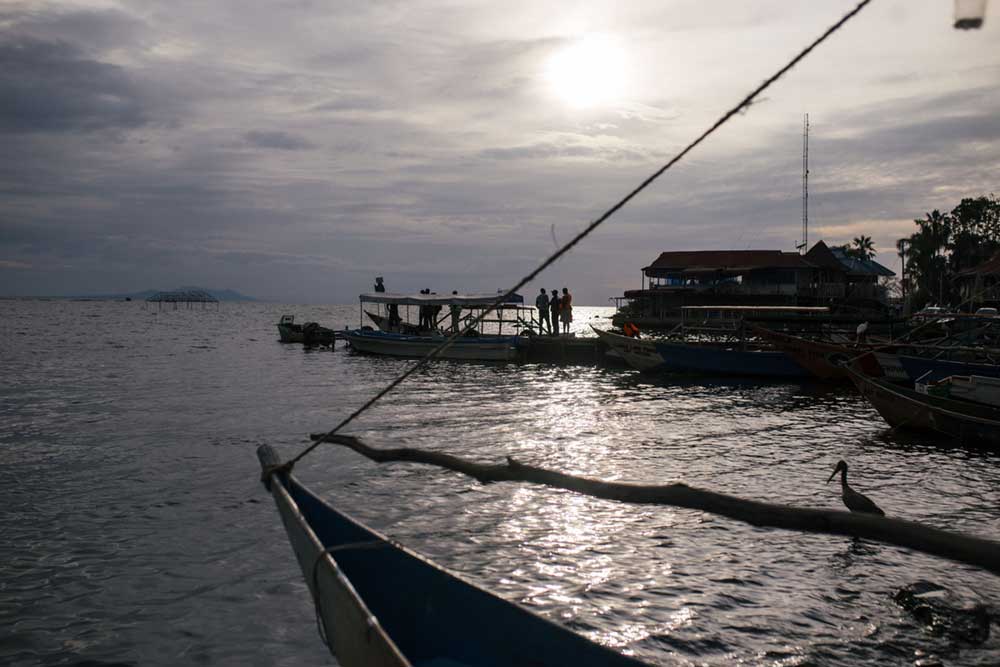
Credit: Kang-Chun Cheng
Decades later, despite progress, that's still true for millions of children. WHO tallied 249 million malaria cases and 608,000 deaths in 2022, with the vast majority of fatalities concentrated among children under five. Geographically, the African continent bears the brunt. All of the world's top ten "high burden and high impact countries" are in Africa, with India occupying an 11th spot on that unenviable roll-call.
New tools, new chapter?
Will the world's first malaria jab, now beginning to roll out in 12 African countries, change that? Leke is circumspect in her assessment. Approval of the new R21/Matrix-MTM malaria vaccine this year, which joins the RTS,S/AS01 vaccine that WHO recommended in 2021, is good news – but far from a silver bullet in Africa's fight against the disease.
Rather, she describes the vaccine as an additional weapon in the existing arsenal: bed nets, seasonal malaria chemoprevention (SMC), and perennial malaria chemoprevention. A combination of treatments, preventative measures and attentiveness to early signs of the disease can keep malaria from becoming fatal. "Altogether, we can really see the efficacy go up to 70% plus," she says.
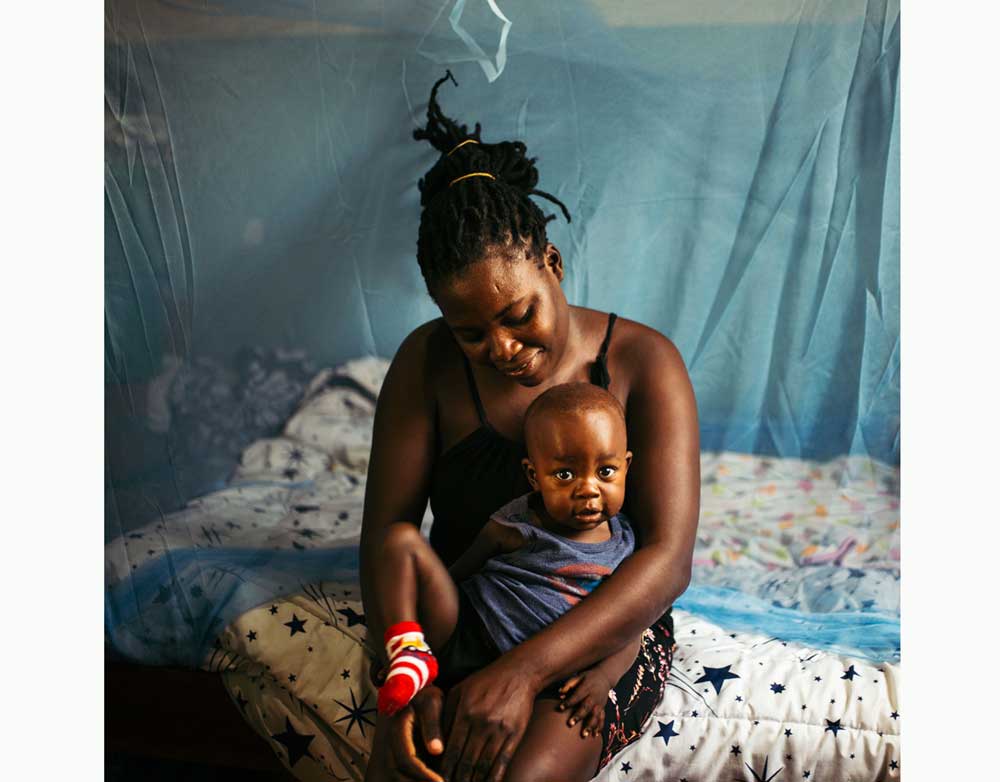
Credit: Kang-Chun Cheng
These are positive developments – ones that can get us somewhere. "Maybe, to a place where we can see a light at the end of the tunnel," the immunologist says. "But the vaccine has to be received by the greater population. In the aftermath of COVID-19, barriers in communication regarding the malaria vaccine have been particularly heady."
New challenges
Since the pandemic, vaccine hesitancy has risen to levels Leke has never seen before, she says. "There is so much in social media against [vaccines]," she says. "Countries have to make very strong communication plans to address this issue from the root."
Have you read?
Leke recounts a recent visit with Gavi's Board Chair, José Manuel Barroso, to Cameroon. "We were at the local vaccination centre, where there were a lot of women waiting with their children to be vaccinated against DTP [diphtheria, tetanus and pertussis] and measles. But they didn't want the malaria vaccine, saying they didn't know enough about it, whether it might be bad for their children."
In retrospect, the Cameroon of her childhood felt simpler. "We always went for vaccines, and there wasn't an issue with that," Leke says. "Even through the 2010s, vaccines were still accepted. But the trouble really started with COVID-19 and disinformation on social media."
Countries need to have a good plan, she underscores – whether that's through sensitisation workshops or fortified communication plans: "What are the specific messages you have for specific people? To schools, mothers, religious leaders or churches – you need to tailor it to your audience, whether that's women's groups or caretakers."
Hopeful signs
But, Leke adds, there are positive signals. She points to the reasonable uptake from pilot studies in Kenya, Malawi and Ghana. Research has shown that the attitude of health workers is a vital predictor of the vaccine's uptake – though mothers and caretakers still need more encouragement of the importance of continuing malaria immunisation through a child's second year.
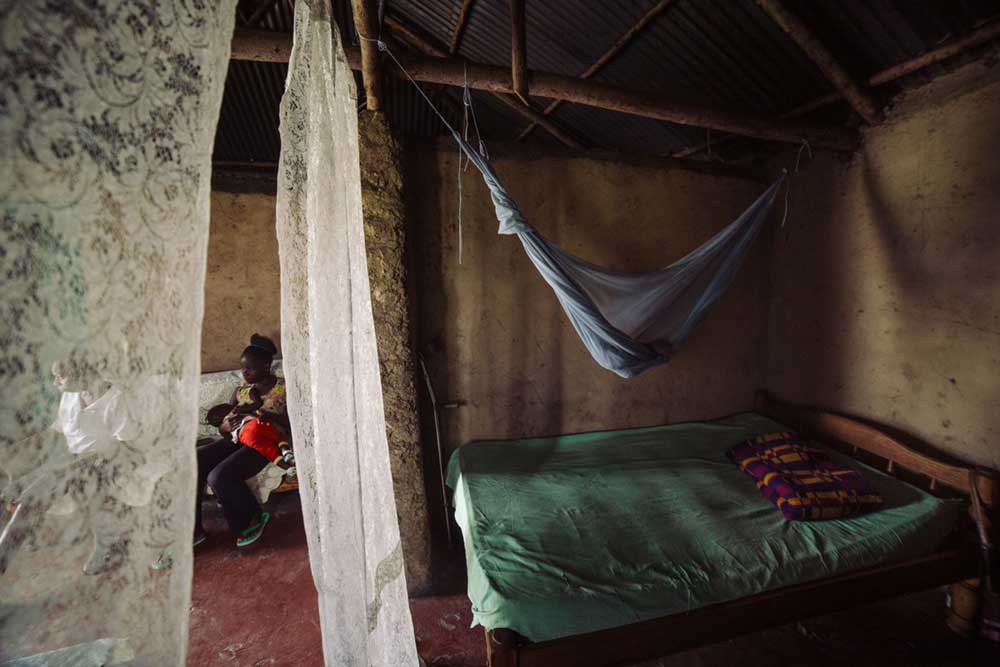
Credit: Kang-Chun Cheng
Further, R21's addition to the global vaccine stocks should ease supply constraints. For the RTS,S vaccine, there were only 18 million doses to last three years. Those limited supplies were triaged according to an allocation framework.
"But for the R21 coming in fully, at 200 million doses a year [...] then there will be more and more vaccines to cover the entire continent, which helps mitigate severe malaria and deaths," says Leke.
